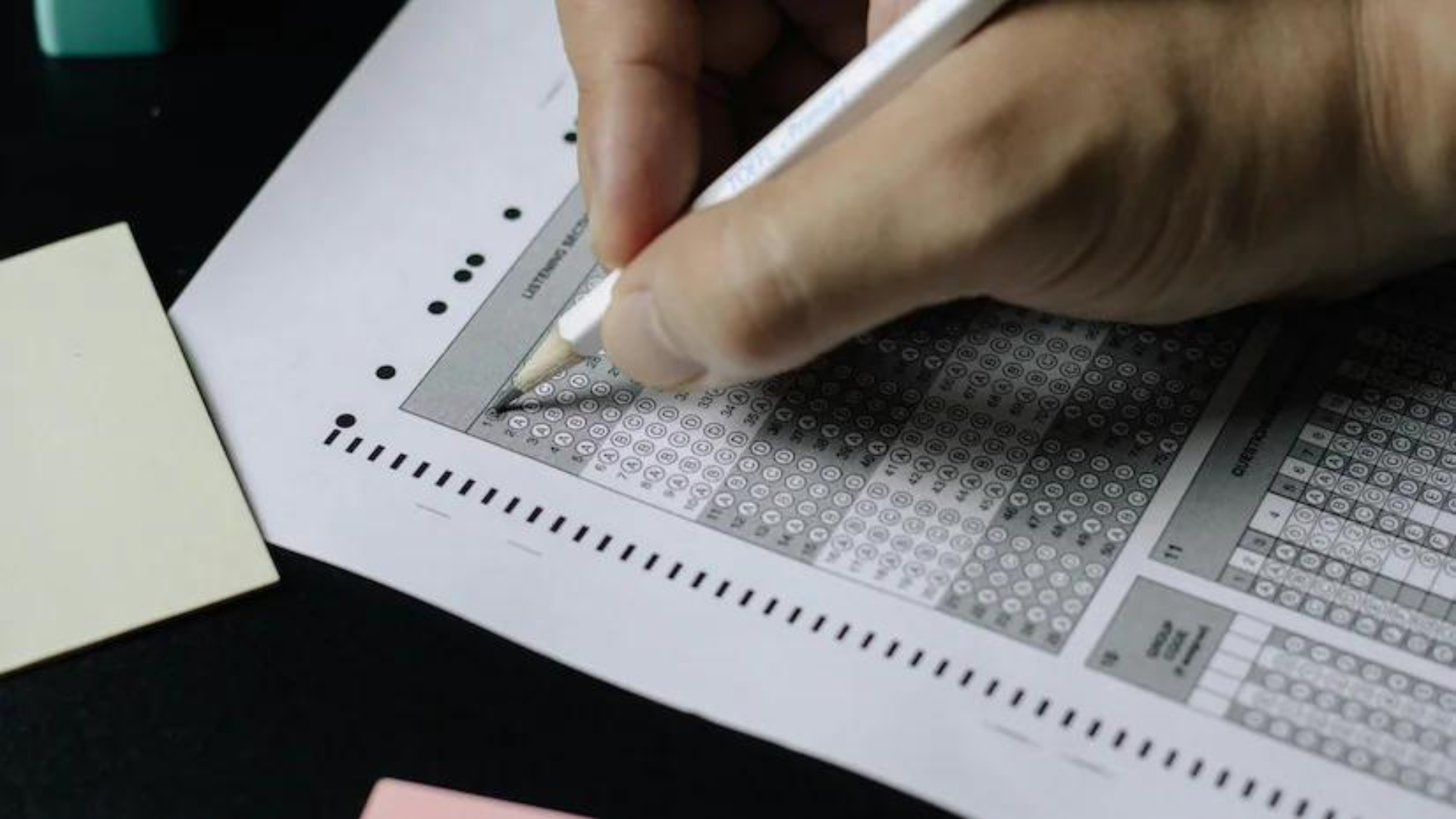
Amid ongoing controversy over alleged irregularities during the medical entrance exam NEET, the Union Education Ministry on Wednesday, June 19, cancelled the UGC-NET 2024 after concerns about the exam’s integrity were raised. The matter has been handed over to the Central Bureau of Investigation (CBI) for a thorough probe. Additionally, the ministry has sought a report from the Bihar Police’s Economic Offences Unit regarding alleged irregularities in the conduct of the NEET-UG 2024 in Patna, with further action to be based on the report.
In a shift from previous practices, this year’s National Eligibility Test (NET) was conducted in pen-and-paper mode on a single day, June 18, with a record 11 lakh students registering. UGC-NET determines the eligibility of Indian nationals for junior research fellowships, assistant professorships, and PhD admissions in Indian universities and colleges.
Exam irregularities come months after Anti-cheating bill
The reports of alleged exam irregularities emerged just months after the Rajya Sabha and Lok Sabha passed the ‘anti-cheating’ bill to curb fraudulent practices like exam paper leaks in government recruitment exams. The Public Examinations (Prevention of Unfair Means) Bill was approved by President Draupadi Murmu in February.
The law aims to prevent leaks, malpractices, and organized fraud in exams like UPSC, SSC, NEET, JEE, and CUET. It stipulates severe punishments like unfair practices can result in imprisonment for three to five years and fines up to ₹10 lakh. Organized crimes involving examination authorities or service providers face harsher penalties, including imprisonment for five to ten years and fines starting at ₹1 crore. The law also empowers agencies to seize properties of institutions involved in organized exam fraud to recover examination costs. Investigations under the Act are to be conducted by officers of the rank of deputy superintendent of police or assistant commissioner of police.
Union Minister Jitendra Singh emphasized the need for the law, noting that paper leaks and organized cheating have compromised the interests of many students, leading to test cancellations. He highlighted the involvement of organized crime groups using impersonation and solver gangs, underscoring the bill’s role in deterring such activities to protect the future of millions of aspiring youths.















